Servicios al cliente
Sobre nosotros
Copyright © 2024 Desertcart Holdings Limited


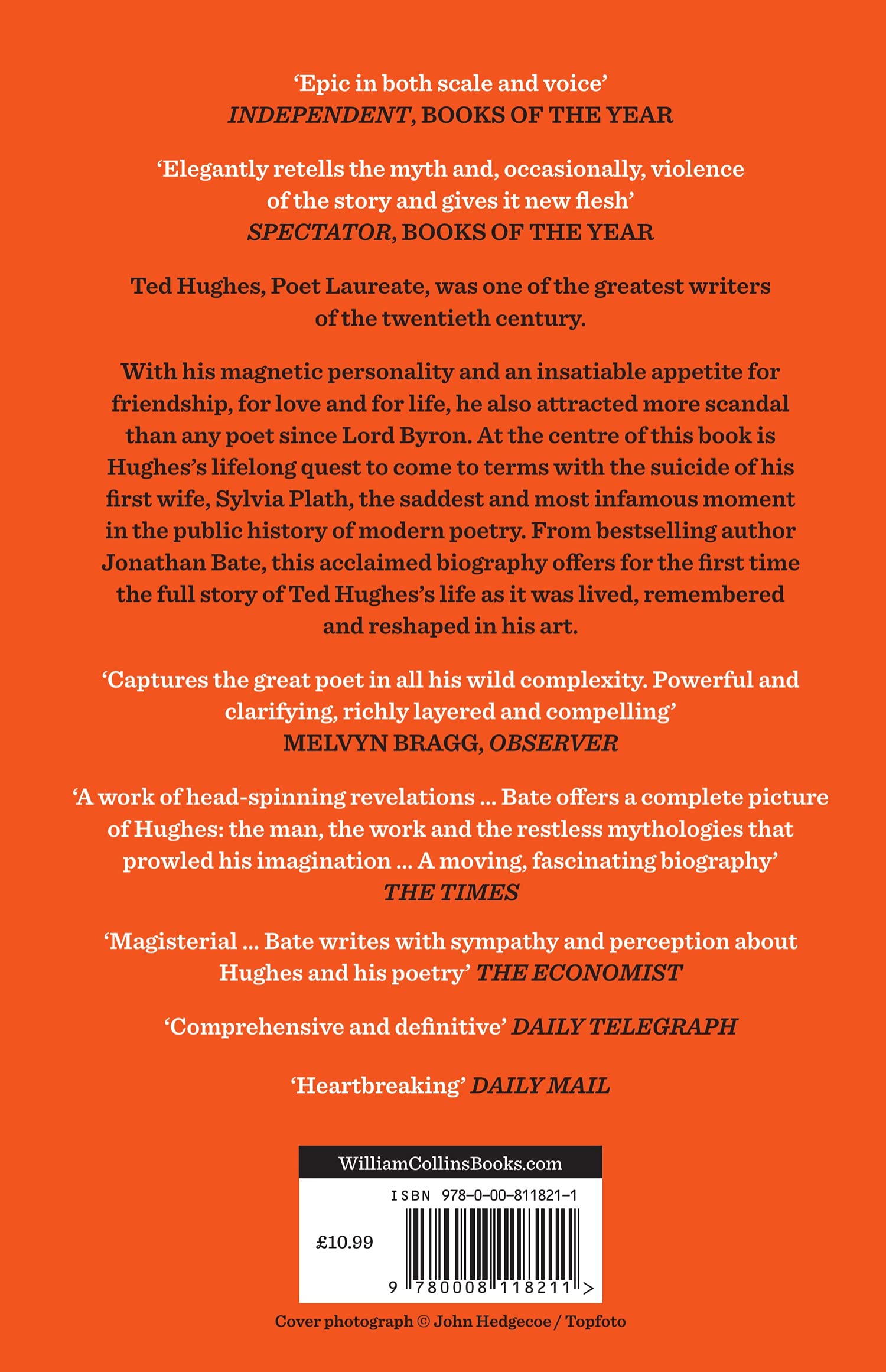
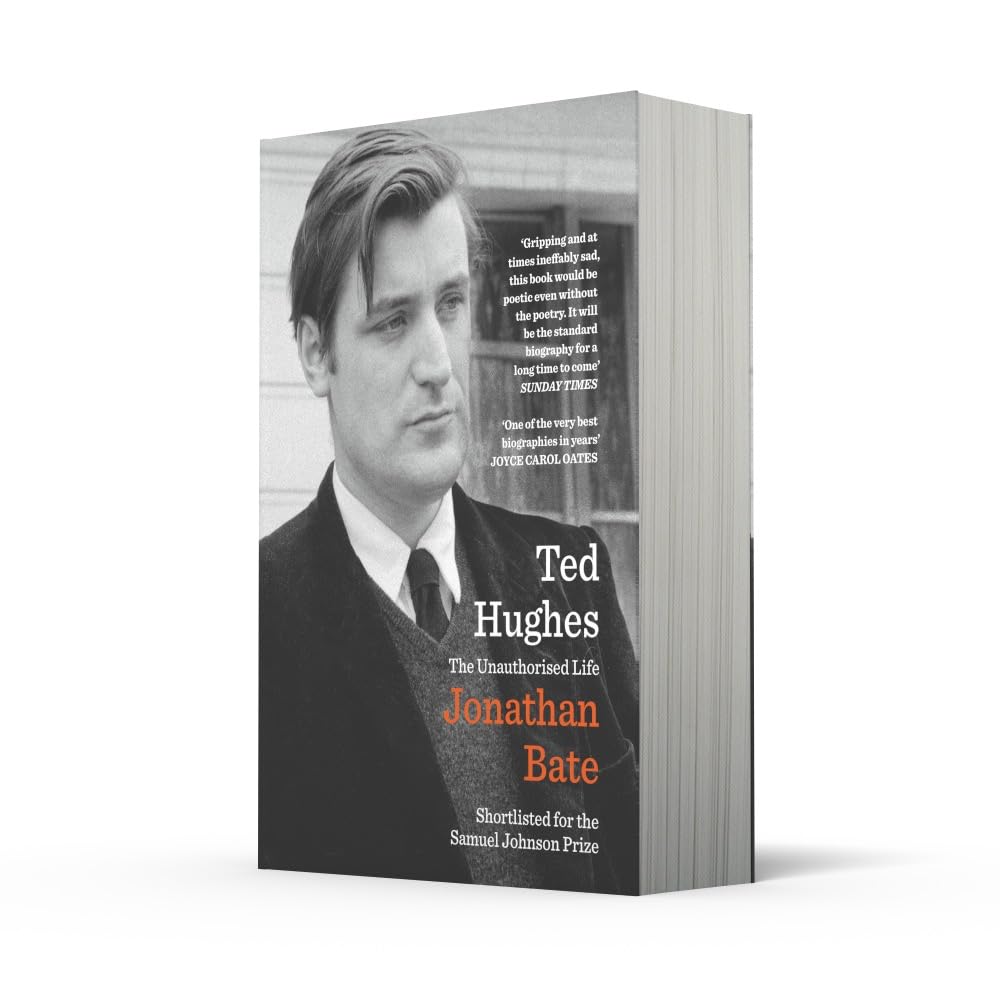

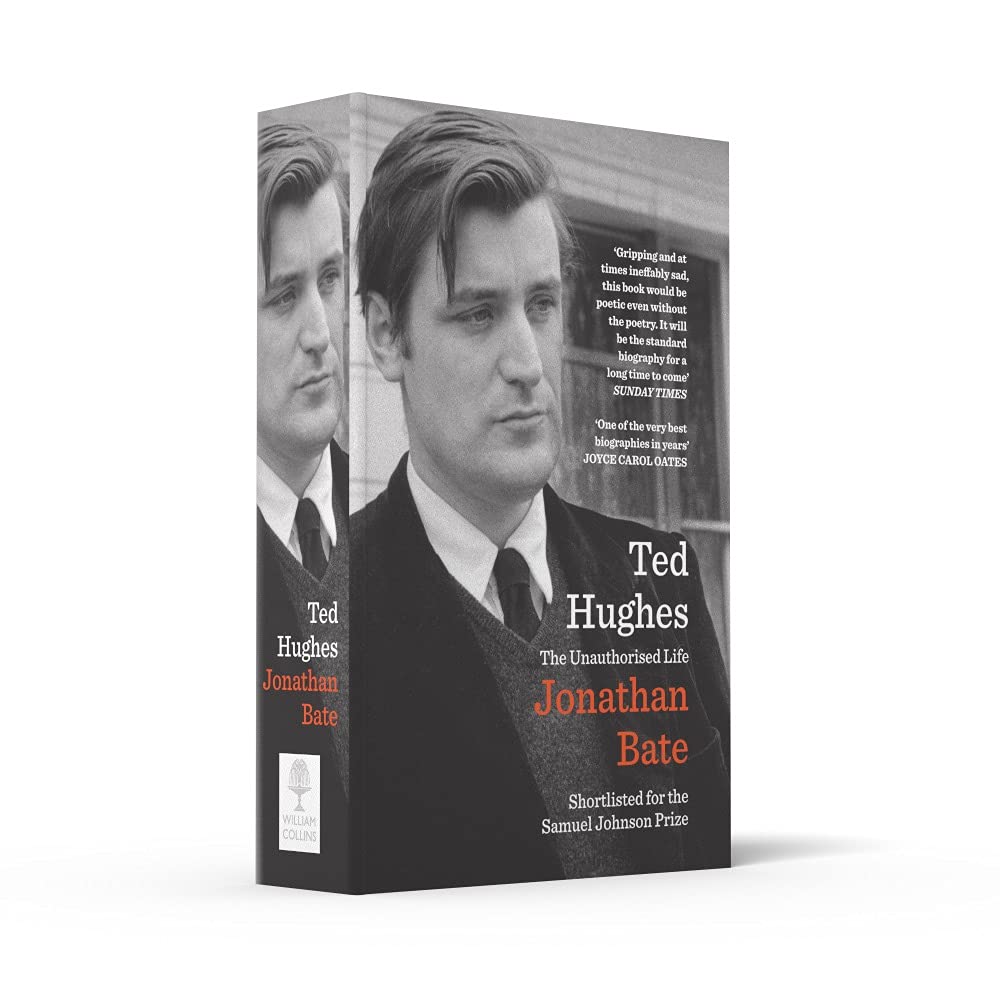
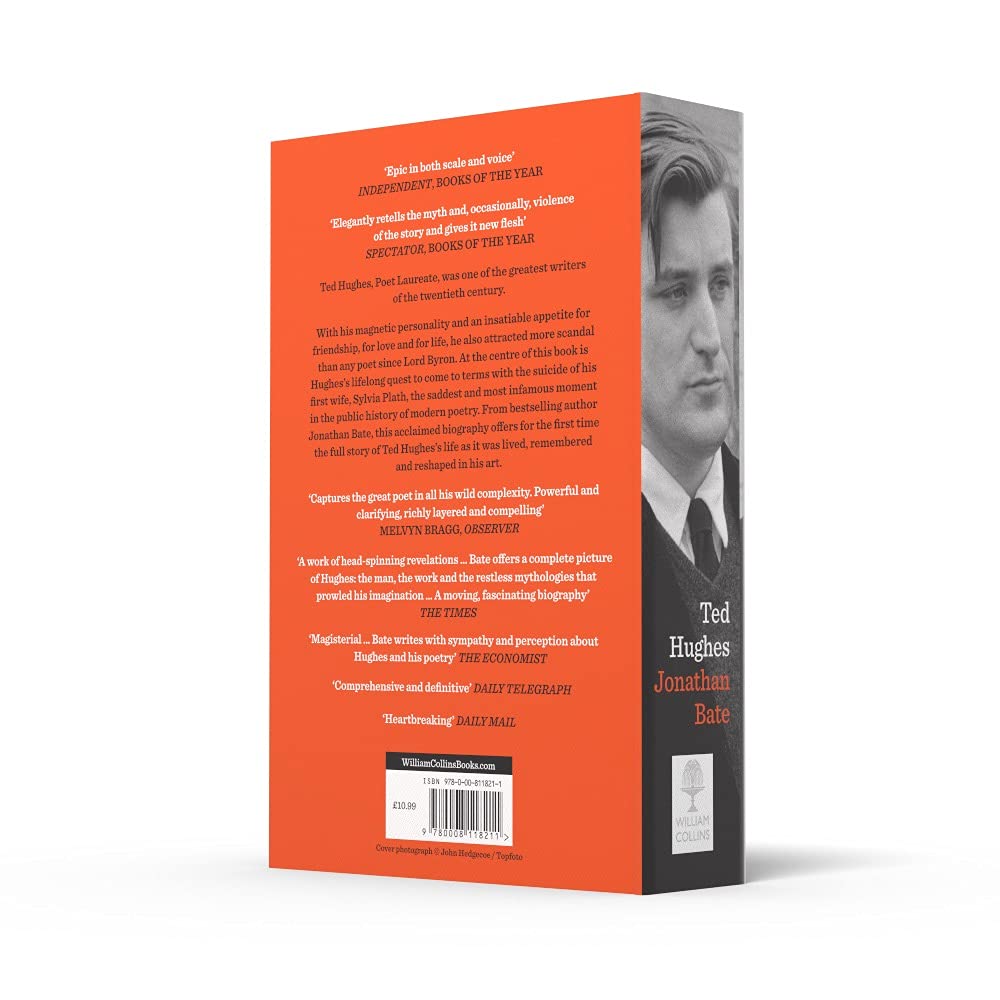
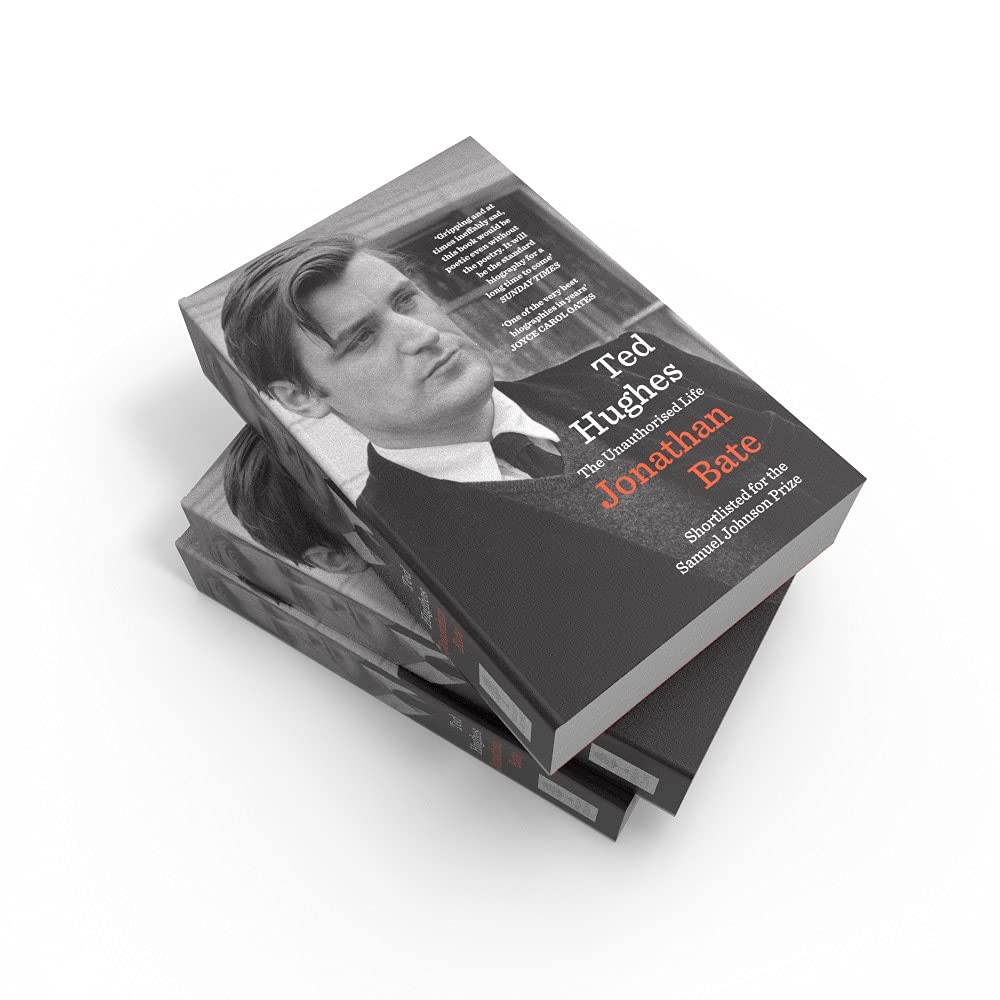
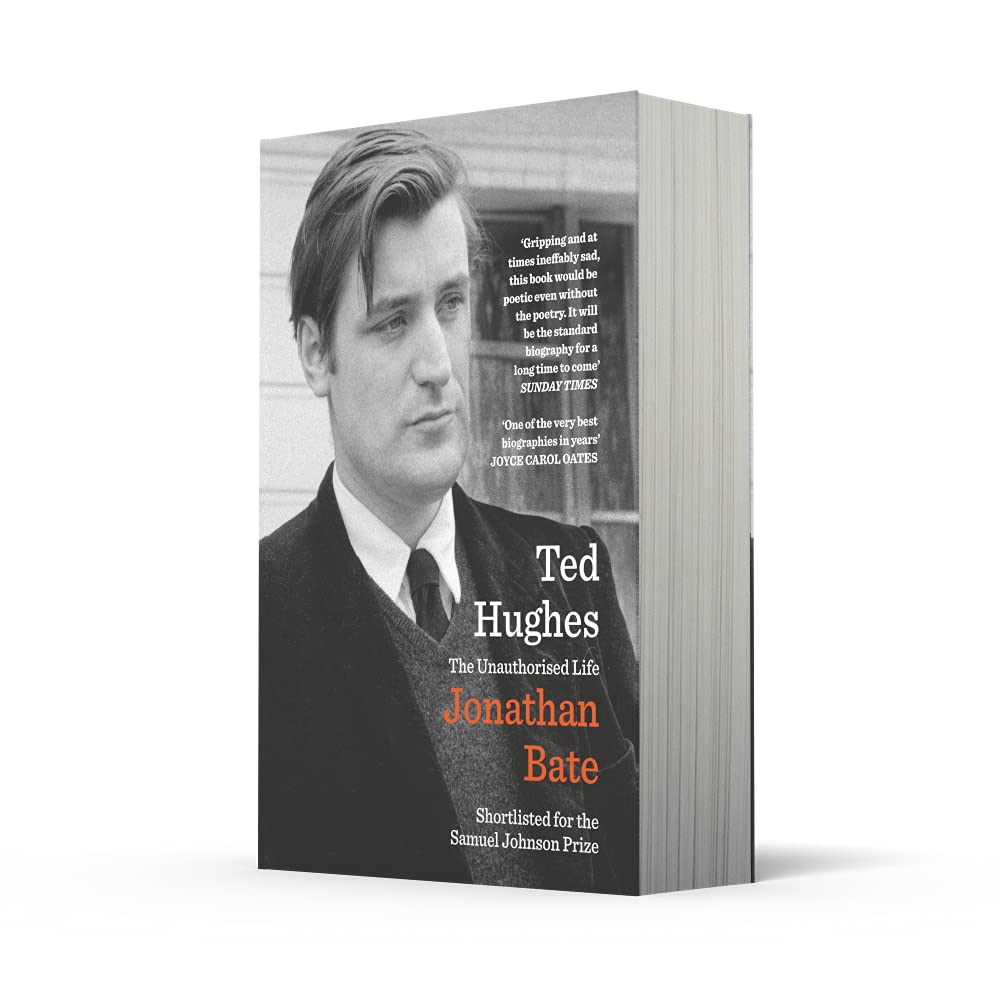
Full description not available

S**2
Stronger than death
I am only an eighth of the way in, but it is indeed a scholarly read. I have been a fan of Mr Hughes poetry for over 20 years. This book inspires me to seek out the source of his writings, both figurative (in the works of authors such as Robert Graves, Seamus Heaney) and literally (by a visit to the Calder Valley and the West Riding of Yorkshire - remains of Elmet indeed). There is intrigue behind the title - a shame that the estate of Ted Hughes ultimately censured the work as being too much the man and not just the writing. And the pettiness of its squabbling over a few events mistakenly described could have been resolved before publication by intelligent and mature adult action. If you watched the recent BBC documentary that coincided with this publication ('Stronger than death') some of the gaps have been filled in and, most tellingly, the testimony of Simon Armitage confirms Jonathan Bate's assertion that the 'life lived' and the 'poetry' are inextricably linked. Just imagine how much more of a tour de force this book could have been had Bate been allowed to quote directly from early drafts, journals and musings kept secret still in the Hughes archives. As it is this is the best biography I have read about what influenced and shaped this poet's work. For Ted Hughes the poem and the printed page were the confessional. The outlet for his 'inner life' to find expression. He was a genius, and like many geniuses, an over developed talent in one area can be accompanied by failings and weaknesses in others. But if you are in any doubt as to the humanity of the subject and his ability to love and be loved just watch 'Stronger than death' and the interviews with Frieda, his daughter. She is brought to tears by those who seek to judge a man but who are totally ignorant - they were not there, they did not know him. And, tellingly, she has kept his letters and other writings to her over all the years. All of them. Nothing thrown away. More precious than life itself. Speaking beyond the grave. Stronger than death.
M**H
Compulsive and illuminating reading
Appropriately, there is an almost mythic quality to Ted Hughes' life. Absurdly talented and good looking, he pairs up with Sylvia Plath and together they spur each other on to become two of the century's greatest poets.Their relationship, here compared to Cathy and Heathcliffe in Wuthering Heights, almost overshadows their work, which makes it difficult to disentangle fact from the fiction that has grown up around their lives. Jonathan Bate does a fine job, with access to material unavailable to previous biographers. Plath's suicide, and the near-identical suicide of his lover, Assia Wevill, prove to have long-reaching consequences for Hughes and his family, something that inevitably also reverberates throughout his work.Bate’s theory is that Hughes needed to creatively confront Plath's death, and that this resulted in a mid-period creative decline, something that doesn't entirely convince. It requires a dismissal of some of Hughes' finest work, such as the Moortown farming poems, and there's a contradiction in that Hughes was for decades obsessively working on the poems that would become Birthday Letters. However, this doesn't detract though from a biography that is vast and detailed, and which illuminates Hughes' life and work much more fully than previous books. Highly recommended.
K**E
A good read
Well presented life of an interesting subject. Inevitably peeks in the early sixties with death of Sylvia Plath. A good read
F**Y
An excellent, sympathetic and honest view of a fascinating and complex artist
This is one of the best literary biographies I've read. Jonathan Bate's insights into the poetry of Ted Hughes provide the student and casual reader alike with an illuminating understanding not only of the poems themselves but of their intimate relevance to the life. His straightforward, candid account of the private man -- warts and all -- is revelatory; but the frank explanation of the facts surrounding Hughes's marriages and liaisons is entirely non-judgmental. It's this that puts him up there with the great Richard Holmes, whose works on Shelley and Coleridge represent the pinnacle of achievement for me. I cannot recommend this book highly enough. Despite its length at over 600 pages I read it within a few days after having been gripped throughout. For anyone interested in late C20th poetry and poets, this book is a must-read.
S**Y
Ground-breaking
This is a ground-breaking biography by the Oxford academic Jonathan Bate. He gives a fully balanced portrait of very complex and multi-faceted personality. In view of the estate's withdrawal of co-operation Bates has pulled off the impossible - the first biography of Hughes that dares to go where previous authors feared to tread out of deference to the widow. Using previously unavailable archive material Bates presents us with unedifying aspects of Hughes' character - that Hughes was a sexually magnetic lady killer with a harem of women and subject to black moods and violence is not denied. He was also a tenderly devoted father who delighted children with magical stories of the natural world. His charismatic personality inspired such devotion that some resorted to suicide rather than live without his presence in their lives. Even Prince Charles has a shrine to his deceased guru. Hughes felt disdain for the conventions of society and yet became a fully signed up member of the establishment upon his appointment as Poet Laureate. Hughes remained obsessed with Plath to the end - she was Cathy to his Heathcliff. On the publication of Birthday Letters shortly before his death, Hughes finally set himself free.
Trustpilot
Hace 1 mes
Hace 1 día